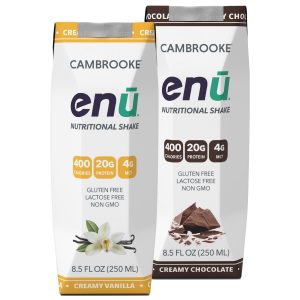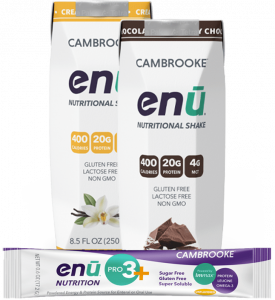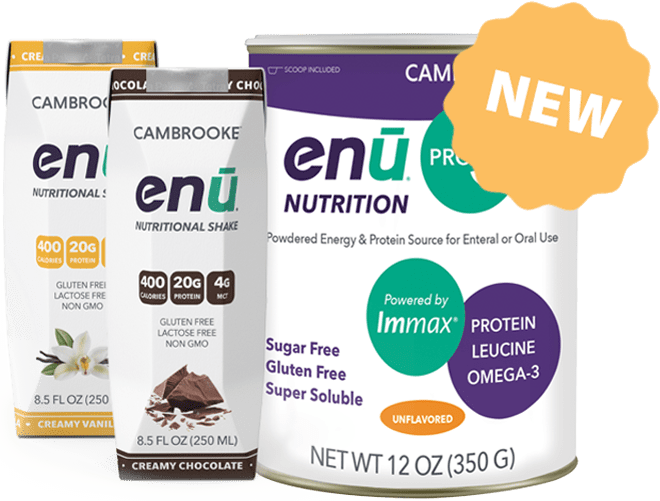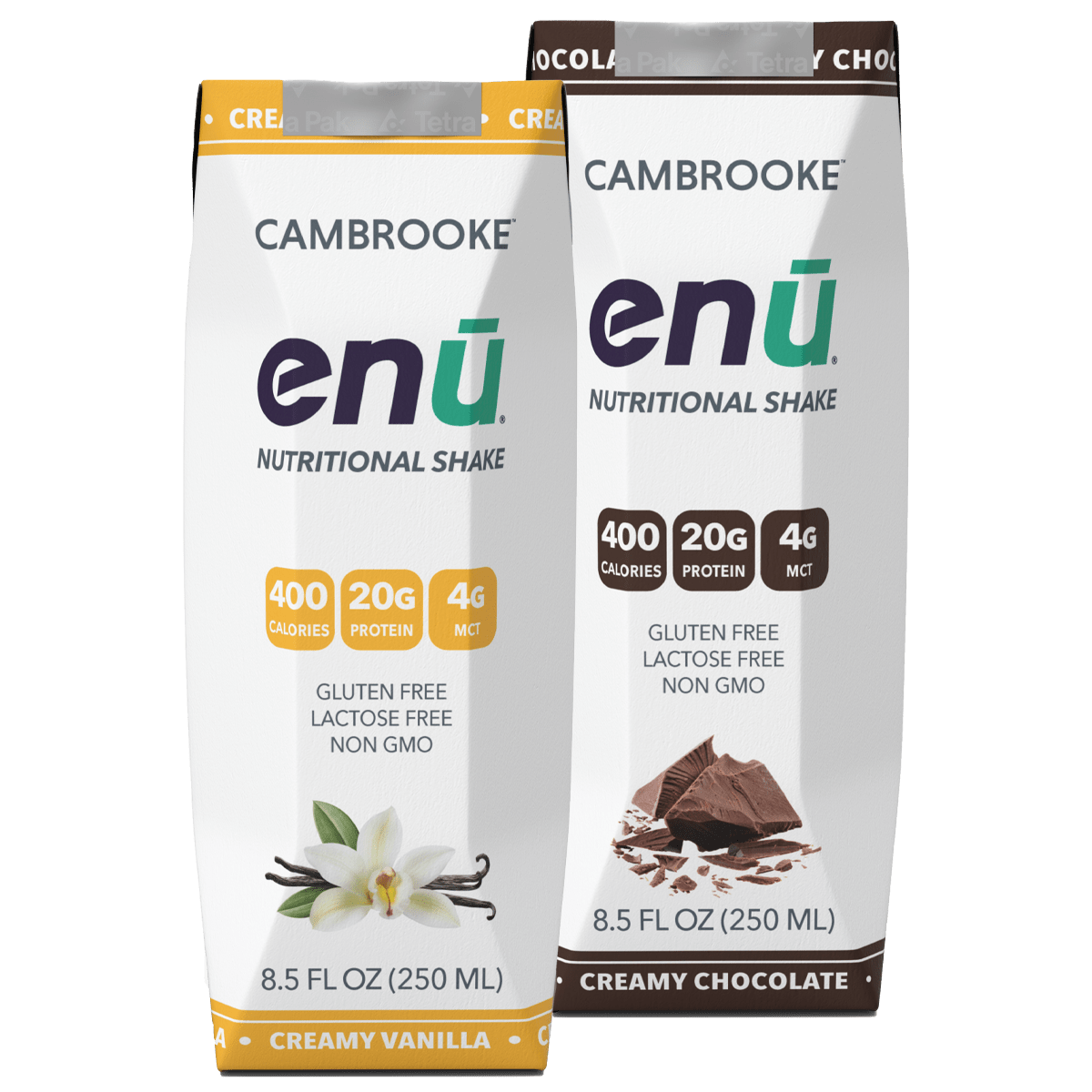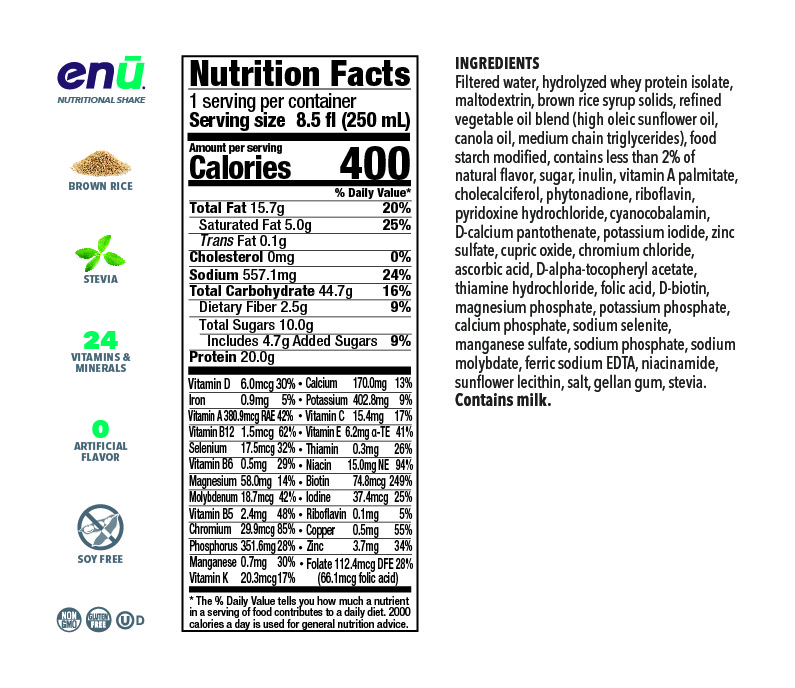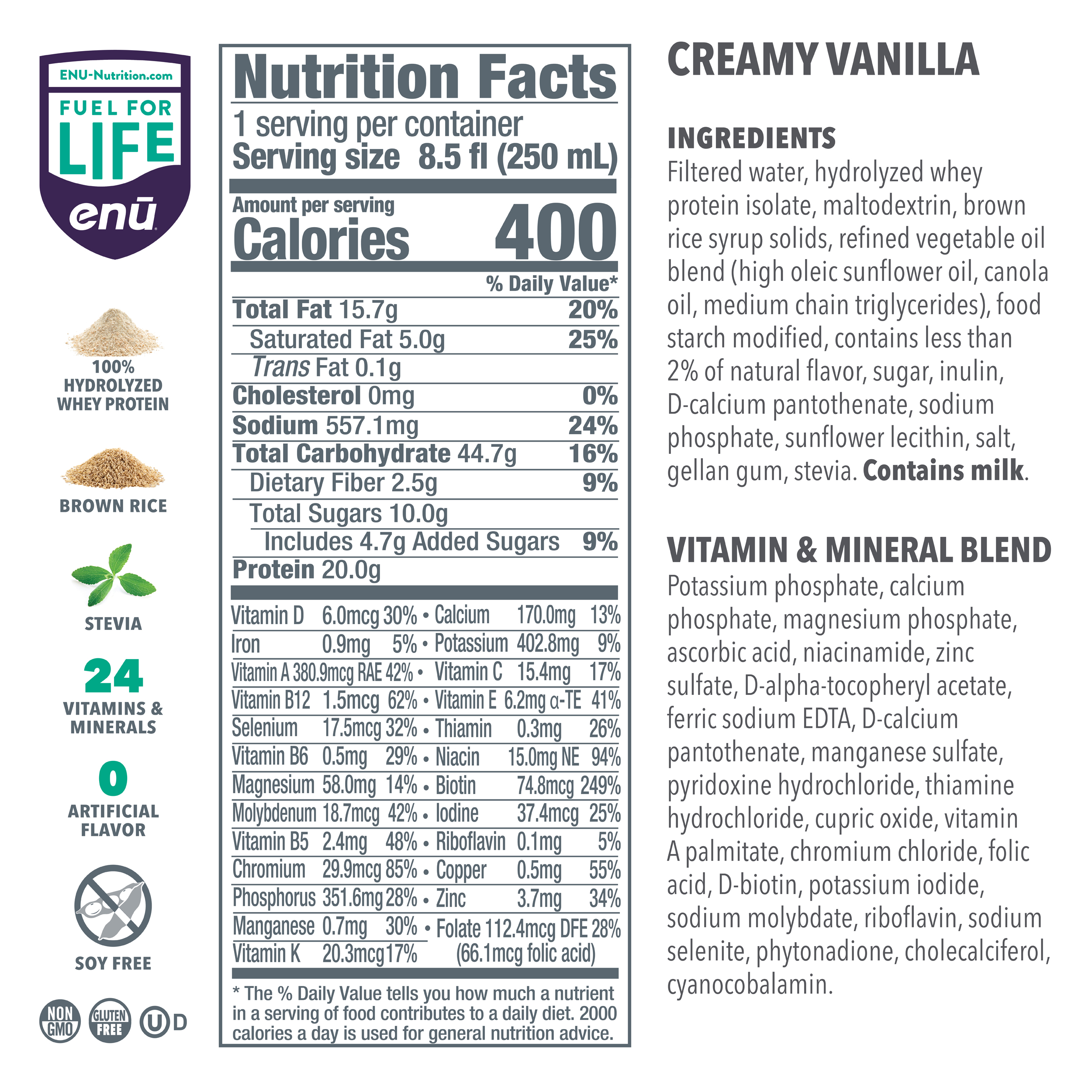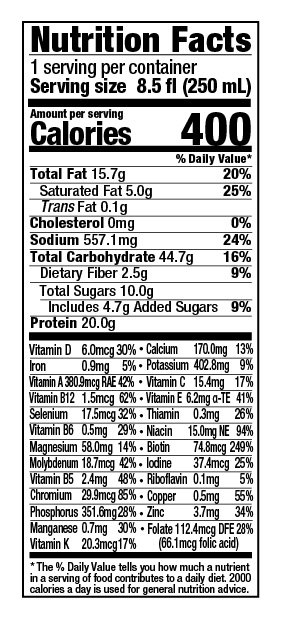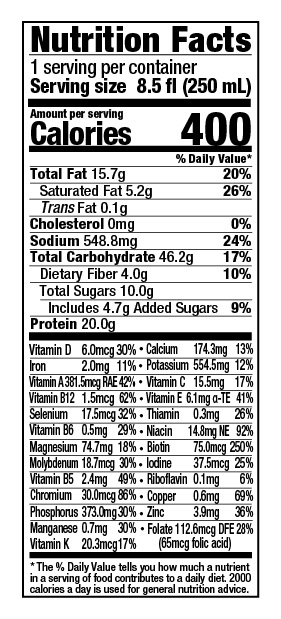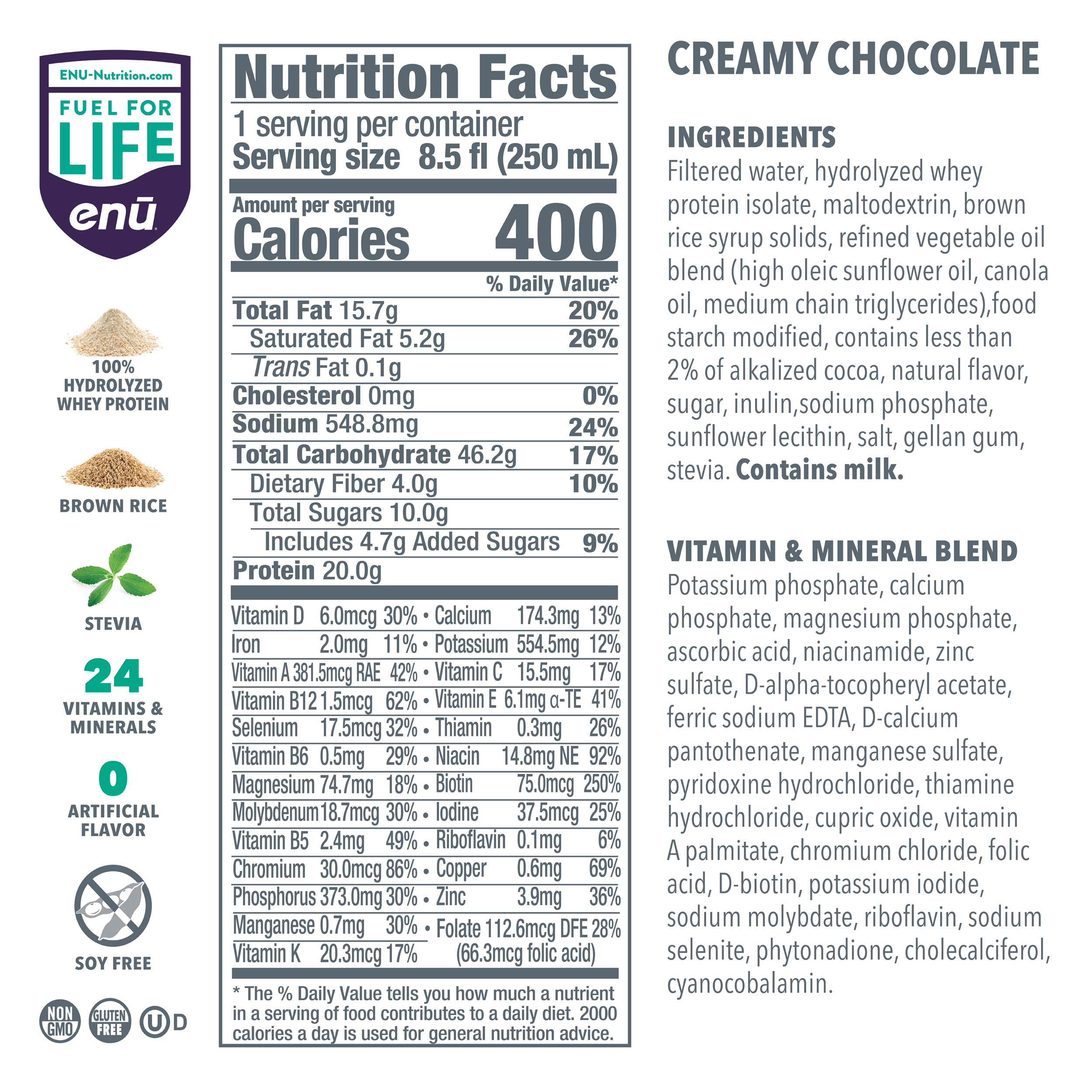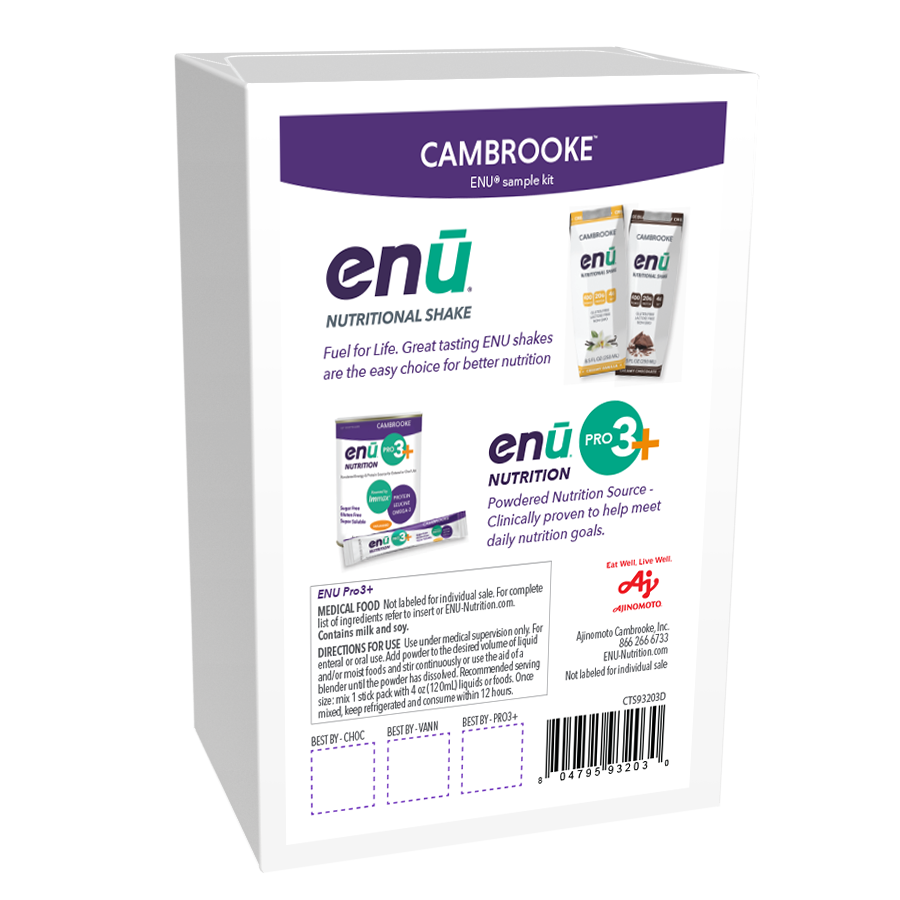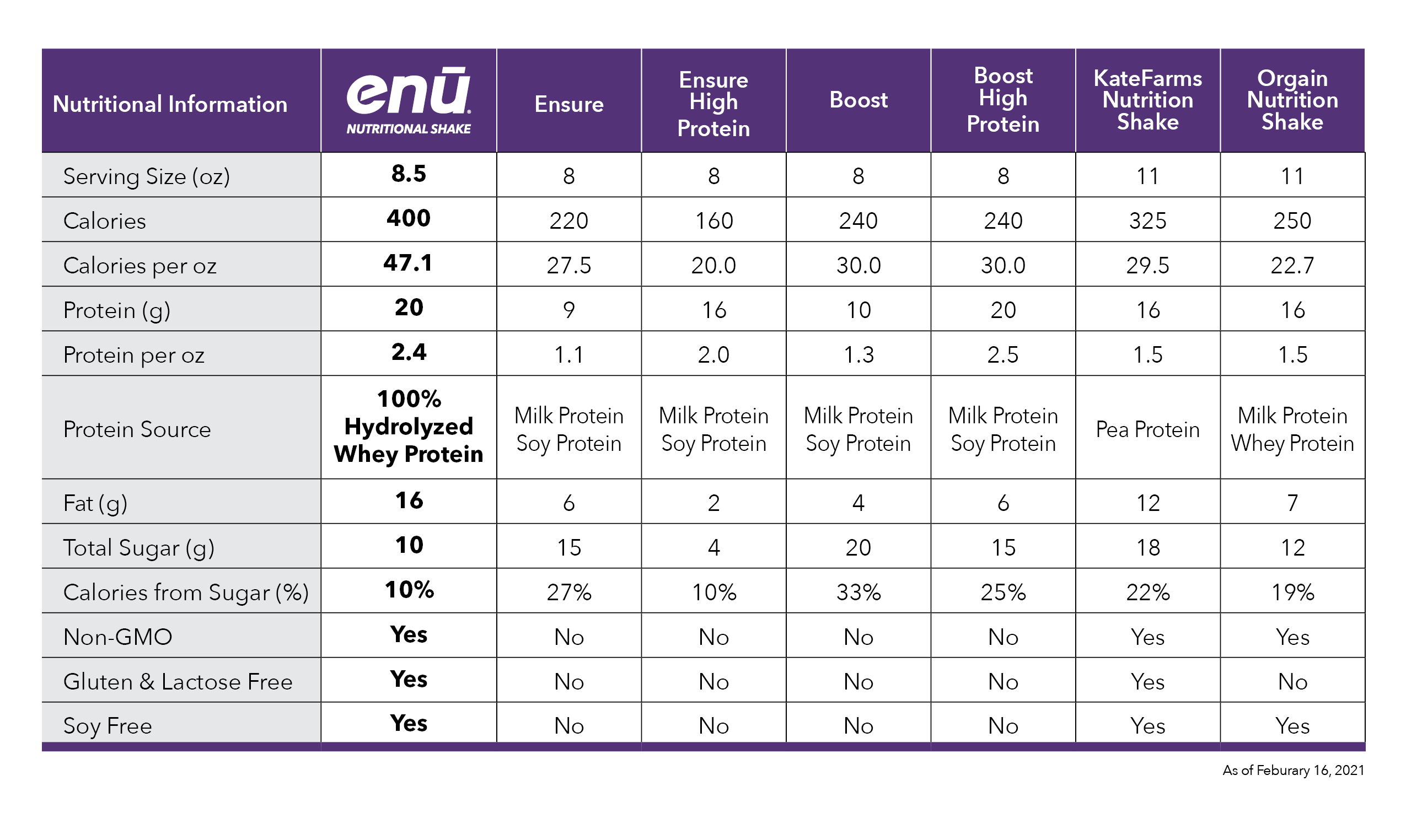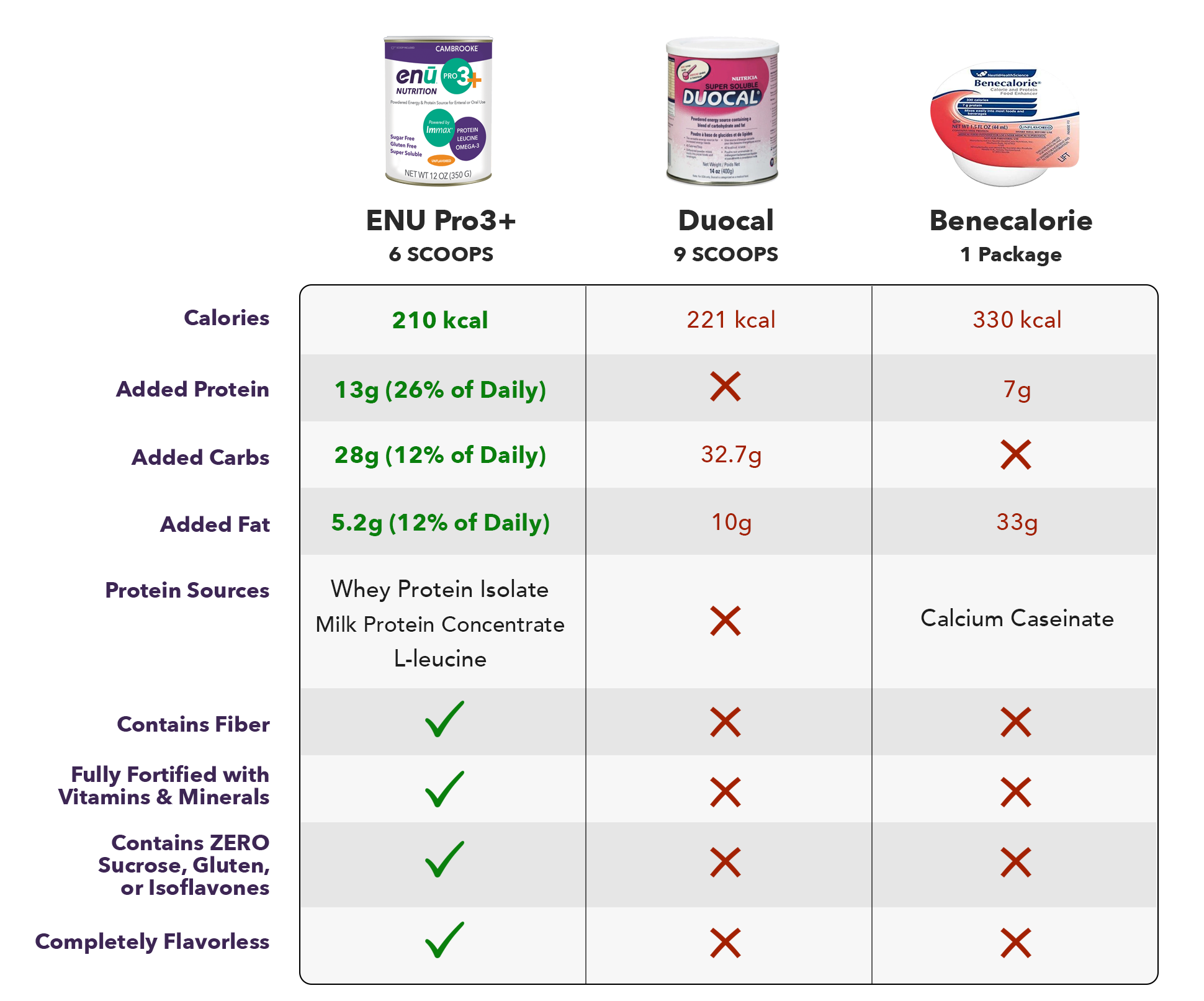
Get a FREE
ENU Intro Pack*
*Just Pay $2.00 Shipping
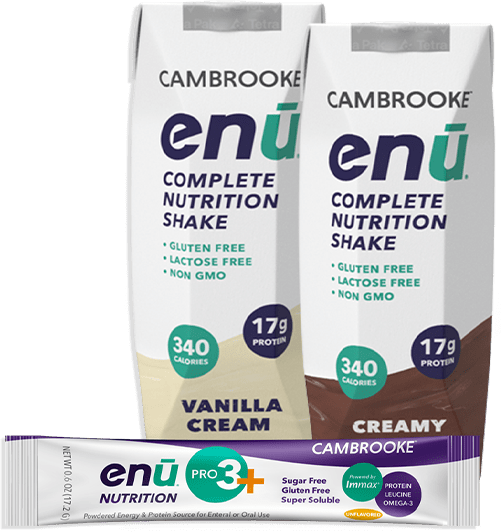
How Much Leucine Is There in Beans?
Leucine is a powerful amino acid that best promotes protein synthesis. It can help your muscles grow strong, so it’s very desirable to athletes and medical patients. To boost their leucine intake, people often turn to protein sources, like beans, for help. But how much leucine is there in beans, and is it enough to promote protein synthesis?
While there are many different types of beans, the most commonly eaten varieties contain less than half of the recommended daily intake (RDI) of leucine. Surprisingly, beans are an incomplete protein, meaning that they don’t contain enough of the nine essential amino acids necessary for protein synthesis. If you want to boost your leucine intake, eating more beans can help, but you’d have to eat several cups. Eating beans in excess could cause stomach issues that are easily avoidable with the right leucine-fortified protein powder.
At ENU, we’re dedicated to formulating products that benefit our customers. Our Pro3+ Nutritional powder with leucine can help build muscle and act as a great protein source for people who need it most. To try Pro3+ with leucine, visit our website or call ENU today at (855) 266-6733.
How Much Leucine Is There in Different Beans?
Not all varieties of beans have the same amino acid profile or leucine content. Leucine is one of the nine essential amino acids that are necessary for protein synthesis. Gym-goers and medical patients alike use leucine to increase muscle mass. Without amino acids like leucine, your body can’t repair, grow, or retain muscle. Among the most commonly eaten beans, are there any that provide an enough leucine to support a healthy diet?
Each type of bean has a different nutritional value. Some of the most commonly eaten beans are navy, kidney, black, pinto, and garbanzo beans (chickpeas). Comparing the leucine content of five beans can help you decide which ones could be added to your diet to boost your leucine intake. Here’s a list of the leucine RDI percentage of popular beans, per cooked cup:
- Navy beans contain 47% of the RDI
- Kidney beans contain 48% of the RDI
- Black beans contain 35% of the RDI
- Pinto beans contain 48% of the RDI
- Garbanzo beans (chickpeas) contain 38% of the RDI
So, while beans can contribute to your daily leucine intake, you’d have to eat multiple cups daily. Eating several large serving sizes of beans each day isn’t always practical. Beans are considered incomplete proteins because they don’t contain enough of the nine essential amino acids, including leucine. That might be surprising since beans are considered a great protein alternative to meat. When proteins lack enough amino acids, they can’t be synthesized. Although protein is indeed broken down into amino acids once digested, it doesn’t mean that it is sufficient in the amino acids necessary for protein synthesis, like leucine.
Can I Eat Beans to Increase My Leucine Intake?
People are interested in increasing their leucine intake for many reasons. Vegetarians, athletes, and patients alike can benefit from adding more protein into their diet. Beans seem like a relatively good option at first. After all, they’re said to be a great source of protein. And, to some people, protein and leucine are synonymous. However, that’s not the case. Eating beans too frequently can cause stomach issues and prevent you from reaching your health goals.
Under the impression that beans are a complete source of protein, people may eat them to increase their leucine intake. However, you’d have to eat multiple large serving sizes per day to reach the recommended daily intake of leucine. That can cause serious stomach pain and discomfort. While in theory eating lots of beans can increase your leucine intake, doing so could cause gastrointestinal problems.
Often, the people who need to increase their leucine intake the most are those undergoing medical treatment. If you eat too many beans, you could experience gastrointestinal issues. Beans contain fibers that are difficult to digest when not eaten with lots of water. Cystic fibrosis (CF) patients especially have a difficult time digesting and absorbing nutrients. Beans can also inhibit the absorption of important vitamins, making it even more difficult for CF patients to get the nutrients they need. If people with CF eat beans too frequently, they could become nauseous and experience cramping. That can happen to anyone who eats too many beans.
That’s not to say you can’t eat beans, especially if you enjoy them. However, eating them under the impression that it will boost your leucine intake can leave you disappointed.
How Can I Increase My Leucine Intake Without Beans?
While eating beans can increase your leucine intake, you’d have to eat a lot of them. Because beans are an incomplete source of protein, you might have to turn to other leucine sources to reach your health goals.
While you can incorporate beans into your diet, eating them too frequently and in excess can cause stomach issues. Instead, try supplementing your leucine intake with another protein substance, like Pro3+ Nutritional Powder with leucine. ENU’s protein powder contains 0.6 grams of leucine per scoop. Depending on your health goals, you only need a few grams of leucine per day. By incorporating Pro3+ with leucine into your diet, you can improve your nutritional intake with just a couple of scoops each day.
Some people need additional leucine more than others. Cystic fibrosis and oncology patients might require more than beans to get the leucine they need. Those who experience unintentional weight loss or malnutrition can benefit from increased muscle mass. That’s hard to do without energy or strength. Pro3+ Nutritional Powder with leucine can give you that extra boost. ENU’s protein powder is designed for those who need it most. Sometimes, eating an average diet isn’t enough to improve one’s health. So, looking to beans to give you the leucine content you need to grow muscle mass won’t be as beneficial as choosing a complete protein source with added leucine.
Try Pro3+ Nutritional Powder with Leucine Today
Instead of eating heaping servings of beans to boost your leucine intake, try adding Pro3+ to your daily diet. To buy ENU’s Pro3+ Nutritional Powder with leucine, visit our website or call ENU today at (855) 266-6733.
